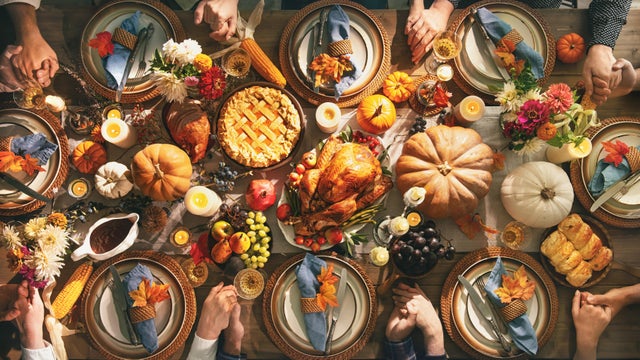
How can gratitude enhance your life?
As we approach Thanksgiving, we wanted to do a deep dive into gratefulness, and why it makes us feel better.
Watch CBS News
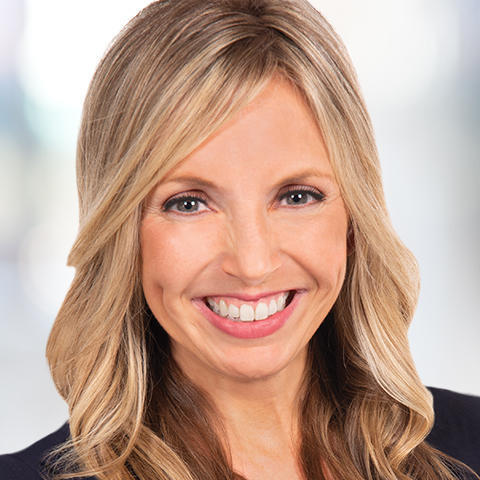
Susan-Elizabeth Littlefield loves sharing the good news. She hosts a show on Sunday mornings based on local "positivity and empowerment," leading right into CBS Sunday Morning.
Susan-Elizabeth Littlefield never imagined she'd be in the Twin Cities, but this is exactly where she says she wants to be. She says in her travels as a journalist, one common denominator was that she always really liked the people she met from Minnesota. And years ago, when she came to visit her longtime friend and WCCO reporter, Heather Brown, she realized the cities are as great as the people.
Susan-Elizabeth decided she wanted to be a journalist in the fourth grade. She put the plan into action at the University of Georgia's school of journalism. While at UGA, she helped produce the Peabody Awards in New York City and studied in Rome, Italy.
Her first crack at news was at KRON in San Francisco as an intern. After that, she joined Teach for America and taught first grade in under-served schools in Houston and Texas. After TFA, she got back into journalism. She's worked as a reporter and weather forecaster in Columbus, Ga. Most recently, she worked as an evening anchor and reporter at WIS-TV in Columbia, S.C. She says she loves the way WCCO honors the lives of Minnesotans. That's what drew her here.
The answer: nine. The question: how many syllables are in her name? Susan-Elizabeth's mother says she named her daughter after her own two favorite childhood baby dolls. "Susan" was her favorite; "Elizabeth" was next in line.
You may have guessed by that double name, she's from the South. Home for Susan-Elizabeth is Tyrone, Ga., where her family still lives. She loves hanging out with them and eating fried okra. (Ever tried it?) Speaking of food, she loves taste explorations and diving in to the Twin Cities restaurant scene. Got a suggestion? Shoot her a note. She also likes to run, play fantasy football and hop a plane to someplace she's never been.
Susan-Elizabeth says her new favorite phrases are "uff da" and "you betcha." She can't wait to meet y'all.

As we approach Thanksgiving, we wanted to do a deep dive into gratefulness, and why it makes us feel better.
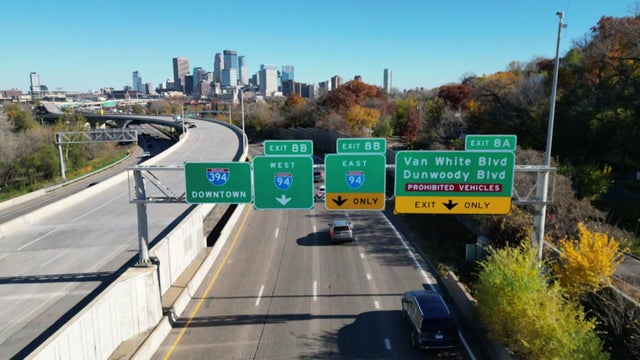
Many commuters know the Interstate 394 and Interstate 94 interchange seems to back up almost every afternoon. And you face the choice: should you wait in the back of the line or try to get closer and swoop in?
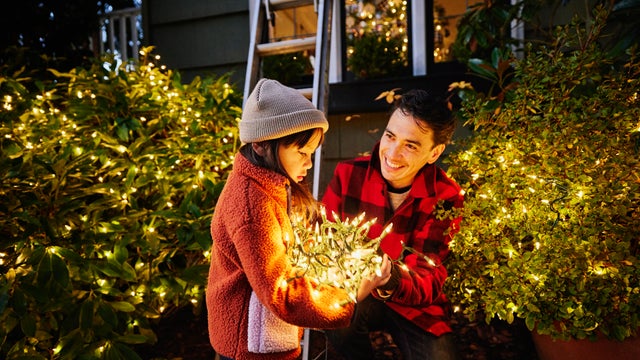
According to the Minnesota Christmas Tree Association, 50% of their farms open before Thanksgiving, which used to be unheard of.
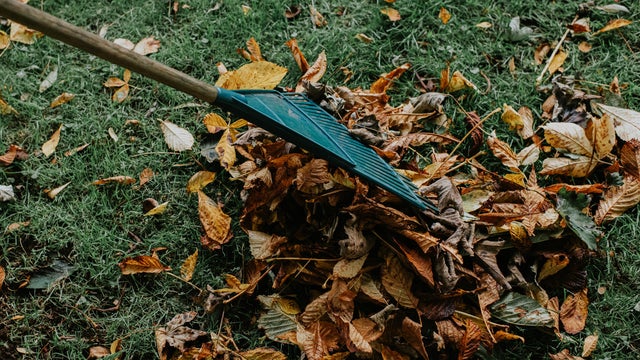
We're past our prime when it comes to fall colors. But for many, it's peak time for yardwork.
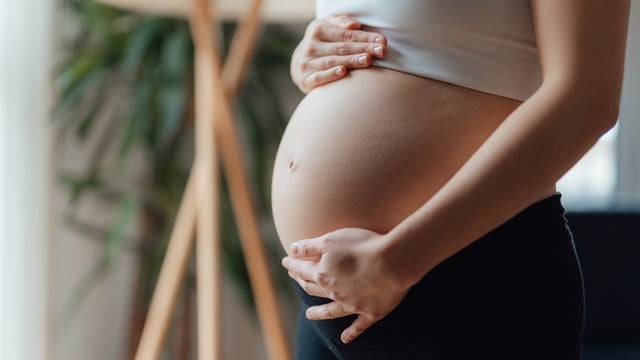
One of the earliest surprises in parenthood can be learning the sex of your baby. There are tests to determine gender, but can your belly reveal the sex of your baby?

When you think of college roommates, you likely think of a couple of young adults making their way through school and fun. But there's a Twin Cities residence that's completely rethinking the concept of co-ed living, and it's turned into a life-giving project.
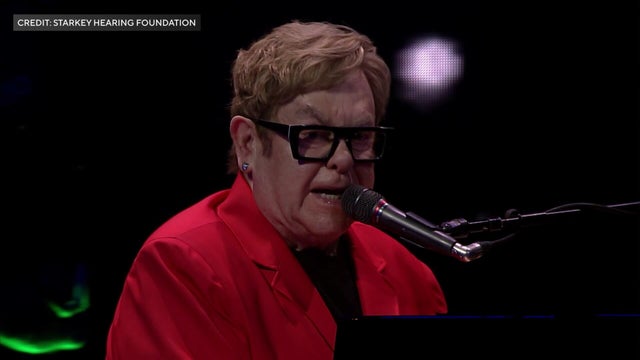
There were some major celebrity sightings in Minneapolis this week. The A-list stars aren't here to further their careers, they're here to help.
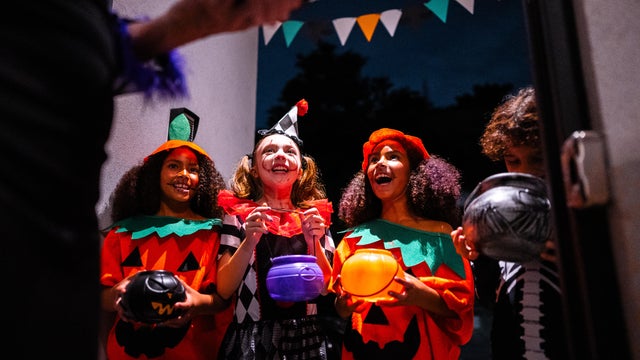
It's a holiday enjoyed by many, but understood by few.
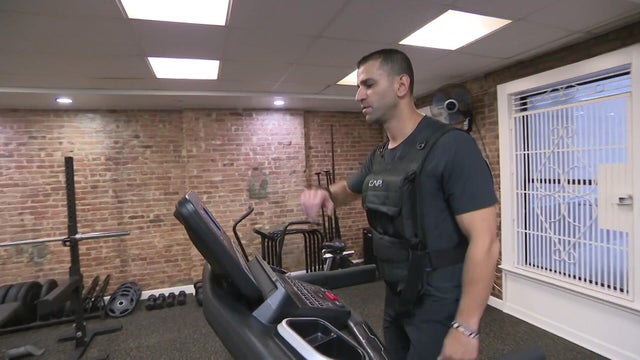
Anyone who has taken a walk lately may have noticed people wearing weighted vests.
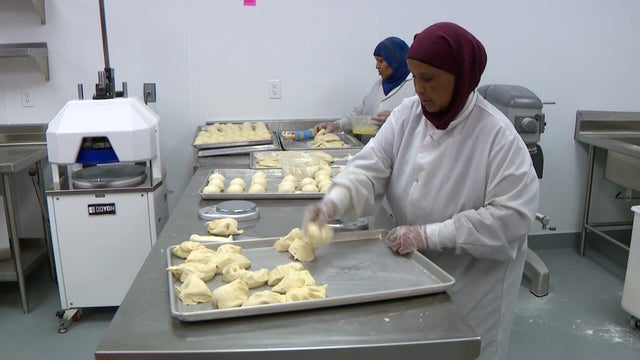
Hoyo now works out of a $1.6 million facility. It had a stand at the 2025 Minnesota State Fair and its sambusas are served in school lunchrooms around the state.

Every piece of art has a story, as does every artist. And southern Minnesota artist Robert Taliaferro, Jr. has a story that proves, in the most extreme way, that people are complex.
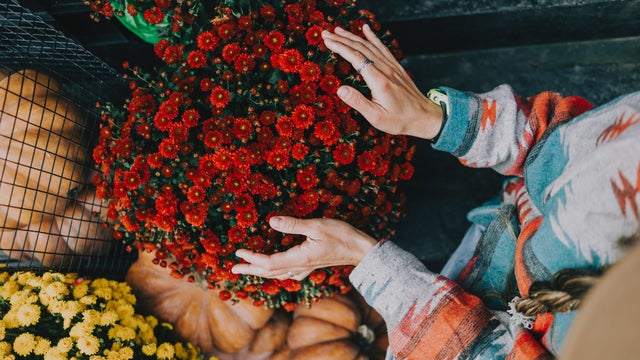
Fall is known for its hues, but this season isn't typical; seeing marigolds and petunias is peculiar.
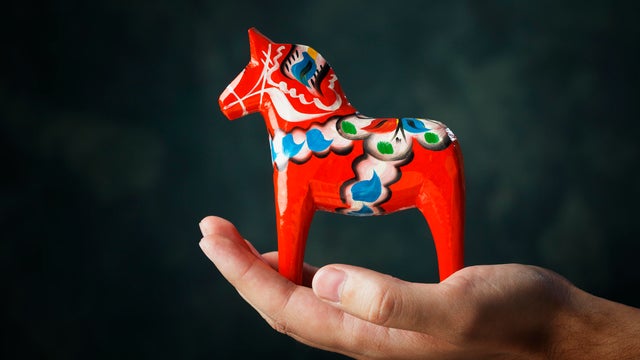
From eating lutefisk to cheering for the Vikings, Nordic culture is embedded in Minnesota.
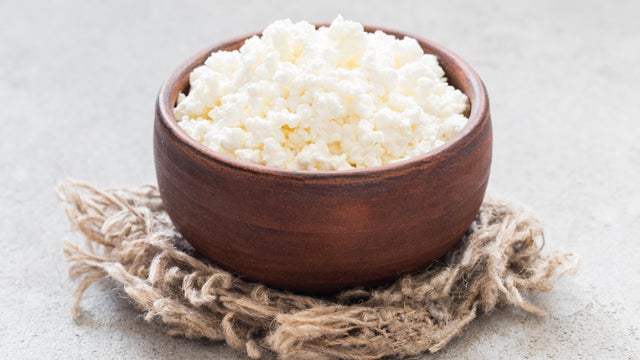
It's a pretty polarizing food — some love it, some not so much. Cottage cheese has been hard to find recently because sales are skyrocketing.
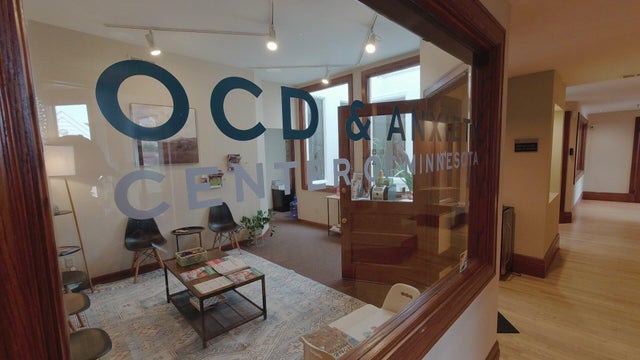
You likely know what OCD stands for, but many people don't know what having obsessive-compulsive disorder actually means.